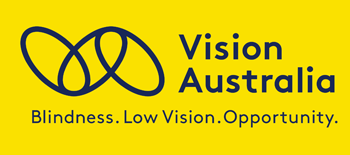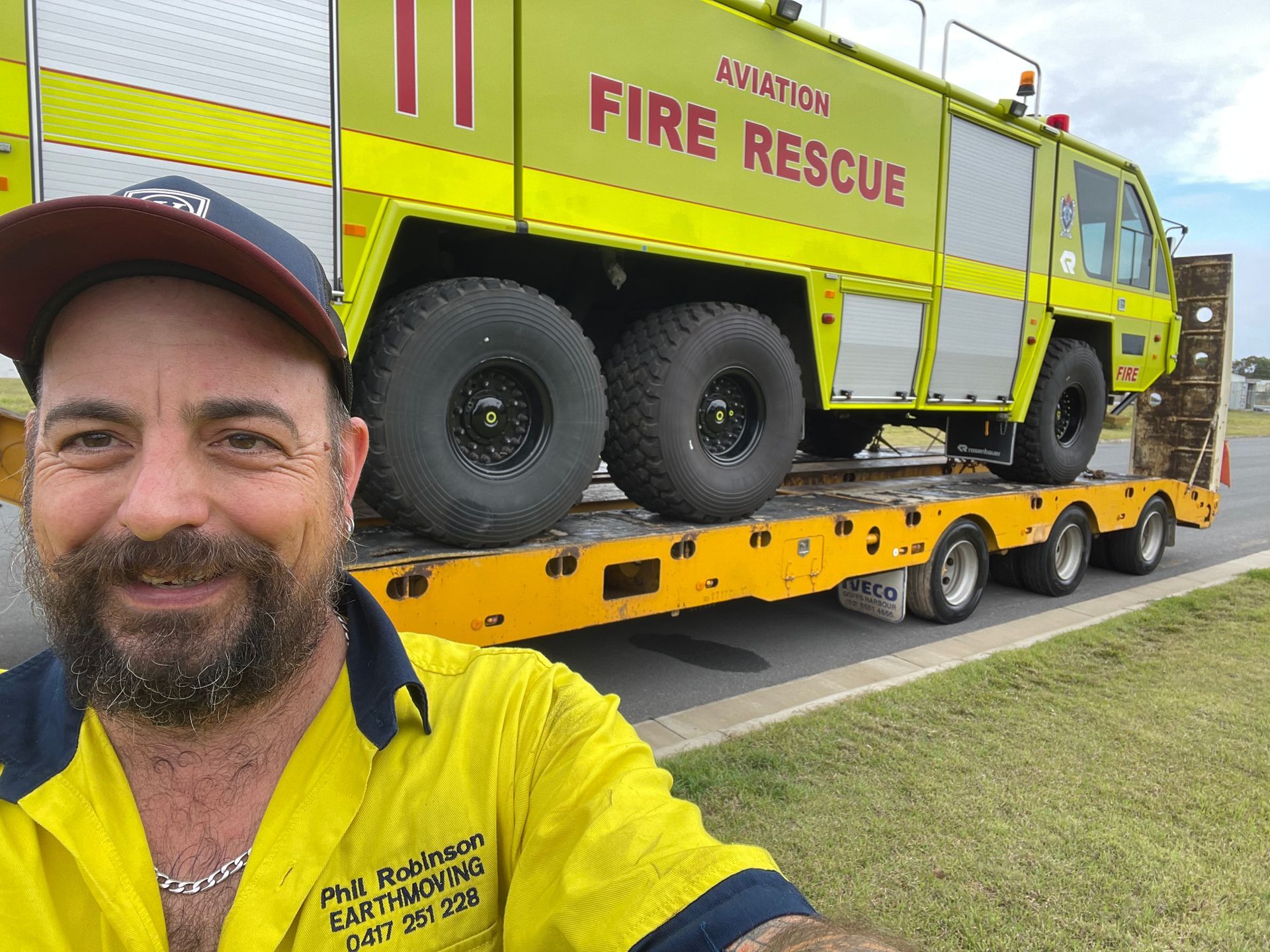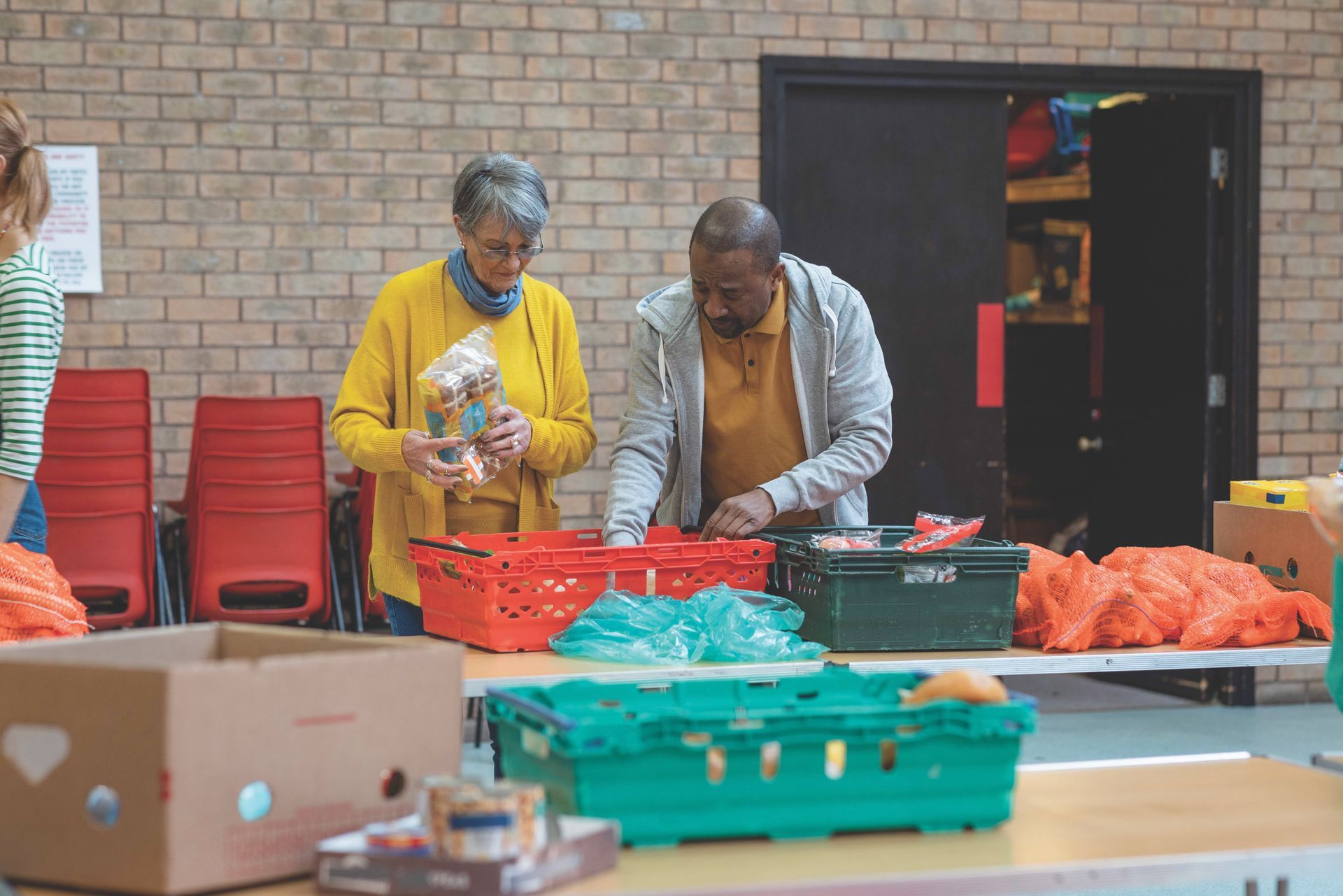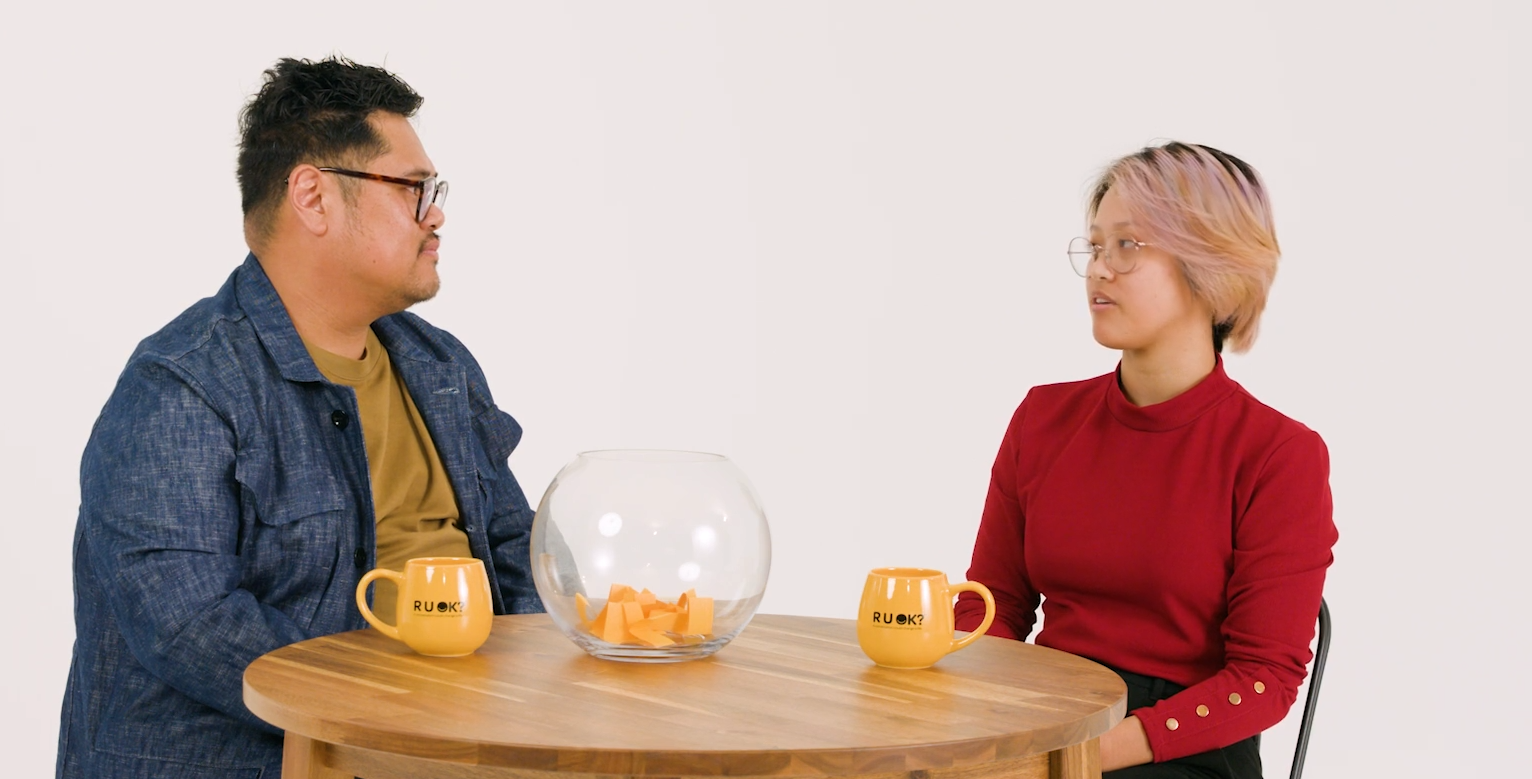Simple ways to improve peer-to-peer support at work
Early intervention is believed to help prevent mental health issues. A simple way to encourage early intervention in the workplace is to support staff members to support their peers – so an employee has someone they can talk to who understands the difficulties of the job, who they can relate to at their level.
But where do you start? To answer this question, we sat down with Debbie Deshayes National Manager Mental Health/Wellbeing Strategy for Vision Australia to discuss how they’re promoting peer-to-peer support in their workplace.
Peer-to-peer support is at the heart of R U OK?’s workplace initiatives. Why is it important we ask R U OK? at work?
We look out for family and friends, why not do the same for our colleagues? We spend a lot of our waking hours with our colleagues which means we’re placed to notice changes and we are potentially the first point of contact for each other when issues arise.
You’ve recently launched a workplace campaign to improve peer-to-peer support and mental health and wellbeing. Can you tell us about this campaign?
Vision Australia is committed to taking our health and safety culture to the next level and addressing the big issue of mental health. That’s why we have recently launched a new mental health and wellbeing initiative – R U OK? 365.
R U OK? 365 aims to create a culture where health, wellness and looking out for our colleagues is embedded into our DNA and is at the core of all our interactions. Leveraging simple and effective tools, like R U OK?’s four conversation steps, will allow Vision Australia to drive peer-to support and awareness and sustainable improvements in the mental health and wellbeing of all staff. The campaign also includes simple activities that create opportunities for meaningful conversation, like our recent ‘Wellness Walk’ where, to mark World Mental Health Day, colleagues were encouraged to share a walk and talk together.
You’ve adapted R U OK?’s resources to support this campaign, can you tell us what you’ve done and what difference you hope it will make?
At Vision Australia we have developed a Connect Card with easy prompts as to how to look out for others alongside a reminder to also look out for yourself. We’re using these cards to reduce the stigma around starting these meaningful conversations at work. The cards also encourage staff to, ‘put your own oxygen mask on before assisting others’ – whilst it’s important to support your colleagues, you need to also ensure you are OK and in the right headspace to have the conversation.
We hope these cards encourage our employees to ask R U OK? and extend a hand of support if it’s needed.
What advice do you have for others who are thinking about championing the R U OK? message at work?
We’re still in the early stages of this campaign, but the commitment and support of the leadership team has been key.
I think it’s about recognising even small actions can make a big difference to employees mental health and wellbeing. Doing something, no matter how small, is better than doing nothing.
Vision Australia is a leading national provider of blindness and low vision services in Australia. Learn more here.
Want to improve peer-to-peer support in your workplace? Use our free resources.
Sign up to our newsletter for conversations tips, news and insights from our staff, experts and supporters.
Nature's Symphony
R U OK? is an Australian suicide prevention charity and registered public health promotion that encourages people to stay connected and have conversations that can help others through difficult times.
R U OK? acknowledges Aboriginal and/or Torres Strait Islander peoples and communities as the traditional custodians of the land on which we live and work and pay our respects to elders past, present and emerging. We are an inclusive organisation and respect people of all backgrounds, genders, sexualities, cultures, bodies and abilities.
Nature's Symphony
R U OK? is an Australian suicide prevention charity and registered public health promotion that encourages people to stay connected and have conversations that can help others through difficult times.
R U OK? acknowledges Aboriginal and/or Torres Strait Islander peoples and communities as the traditional custodians of the land on which we live and work and pay our respects to elders past, present and emerging. We are an inclusive organisation and respect people of all backgrounds, genders, sexualities, cultures, bodies and abilities.
Nature's Symphony
R U OK? is an Australian suicide prevention charity and registered public health promotion that encourages people to stay connected and have conversations that can help others through difficult times.
R U OK? acknowledges Aboriginal and/or Torres Strait Islander peoples and communities as the traditional custodians of the land on which we live and work and pay our respects to elders past, present and emerging. We are an inclusive organisation and respect people of all backgrounds, genders, sexualities, cultures, bodies and abilities.






















